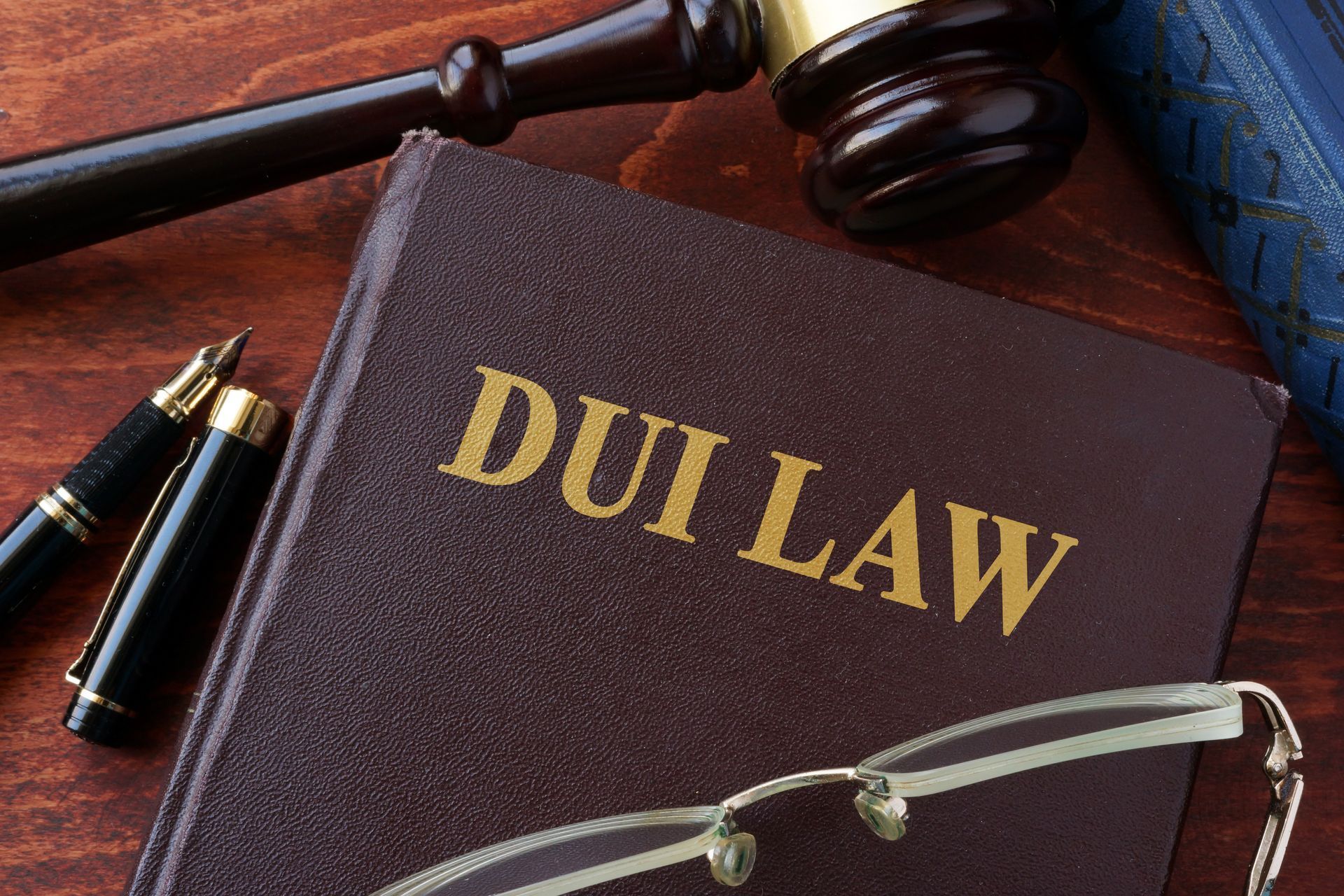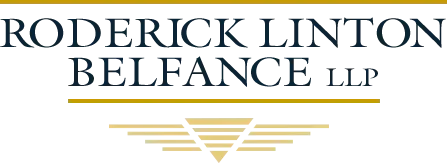What Types of Debts Can Be Discharged in Chapter 13 Bankruptcy in Ohio?
Understanding Chapter 13 Bankruptcy Debt Discharge in Ohio
Chapter 13 bankruptcy offers Ohio residents a chance to restructure their debt through a manageable repayment plan. Unlike Chapter 7, which involves liquidating assets, Chapter 13 allows individuals to retain their property while catching up on missed payments over three to five years. At the end of the repayment period, many remaining debts may be discharged—meaning they are legally forgiven.
At Roderick Linton Belfance, LLP, we help Ohio residents determine what debts can be eliminated through Chapter 13 and guide them through each step of the bankruptcy process.
Debts That Can Be Discharged in Chapter 13
In a Chapter 13 case, the types of debts eligible for discharge differ from those in Chapter 7. Chapter 13 allows for the discharge of certain debts that are not dischargeable in Chapter 7, giving filers a broader path toward financial recovery.
1. Credit Card Debt and Personal Loans
Unsecured debts like credit card balances, personal loans, and medical bills are commonly discharged in Chapter 13 if they are not fully paid during the repayment plan.
2. Medical Bills
Like credit cards, outstanding medical expenses are typically unsecured and can be wiped out once your repayment plan is completed.
3. Utility Bills and Past-Due Rent
Past-due amounts on rent or utility bills are dischargeable under Chapter 13, though some payments may be included in your plan depending on circumstances.
4. Older Income Tax Debts
Some income taxes may be eligible for discharge if they meet certain conditions, such as being at least three years old and having been properly filed.
5. Debt from Willful and Malicious Property Damage
Unlike Chapter 7, Chapter 13 can discharge debts stemming from willful and malicious damage to property, though not to people.
6. Debt from Divorce Property Settlements
Chapter 13 can discharge some non-support-related divorce debts, such as property settlement obligations, which Chapter 7 cannot eliminate.
Debts That Cannot Be Discharged
Some obligations survive Chapter 13, even after you complete your repayment plan. These include:
- Child support and alimony
- Most student loans (unless undue hardship is proven)
- DUI-related personal injury debts
- Criminal restitution and court fines
- Certain long-term obligations like mortgages
How Roderick Linton Belfance, LLP Can Help
Bankruptcy laws are complex, and every financial situation is unique. At Roderick Linton Belfance, LLP, our legal team works with Ohio residents to develop effective Chapter 13 plans and maximize the discharge of eligible debts. With the right guidance, you can achieve meaningful debt relief and a fresh financial start.










